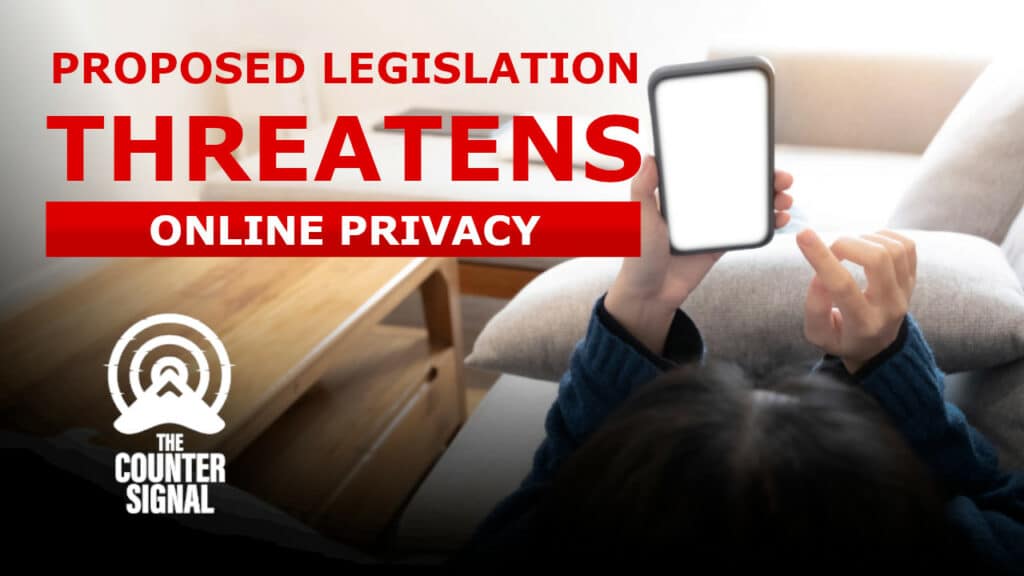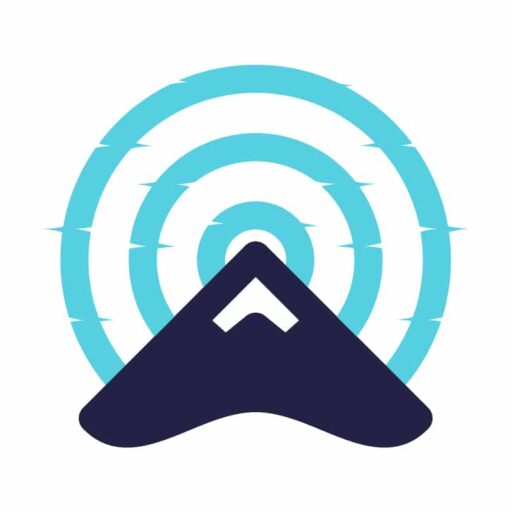Proposed legislation currently being debated in Parliament would radically expand online data the Canadian government and private entities can access, share, and sell.

Canadians should be aware of measures contained in Bill C-26, an act related to cyber security, and Bill C-27, an act about consumer privacy protection and the protection of personal information.
Bill C-26 poses numerous concerns, as outlined by the Canadian Civil Liberties Association (CCLA) last September. The CCLA said it risks undermining privacy rights and the principles of accountable governance and judicial due process, which should be “the fabric of Canadian democracy.”
The CCLA further outlined numerous concerns about C-26 and offered suggestions on how to “fix it.”
In a report titled “Under Surveillance: (Mis)use of Technologies in Emergency Responses, Global lessons from the Covid-19 pandemic,” the CCLA outlines five overarching trends of concern.
Trend 1: The repurposing of existing security measures
Trend 2: The silencing of civil society
Trend 3: The risk of abuse of personal data
Trend 4: The influential role of private companies
Trend 5: The normalization of surveillance beyond the pandemic

Ron Deibert, cybersecurity expert and founder and director of the University of Toronto’s Citizen Lab, recently slammed the federal government for refusing to identify the spyware provider used by the Royal Canadian Mounted Police, as reported by the Globe.
This concern was also raised over Bill C-27, which would allow private companies to easily access, collect, and even share the personal data of Canadian citizens with third parties.
Meanwhile, the World Economic Forum is heavily involved in shaping the narrative and enabling private-sector projects, mainly through its Centre for Cybersecurity. Some of its key partners include Accenture and the Global Cyber Alliance, of which the RCMP is a partner.
Some worry that such regulatory frameworks could easily be used to eliminate dissenting voices, which they would consider as “cyber threats” by ordering Internet Service Providers to remove these “criminal sites.”
Proposed Bill C-21 opens the door to these very concerns.
The CCLA is concerned that the Governor in Council and Minister of Industry could easily instruct an Internet Service Provider to cut off services to anyone, allowing tremendous discretionary power for government entities to blacklist and censor anyone they deem a threat.
For example, organizations and websites providing non-mainstream information on the 2022 Freedom Convoy could be censored should Bill C-26 become law as currently drafted.
Canadians already observed privacy violations during the Covid-19 pandemic through contact-tracing apps, vaccine passports, ArriveCAN, and the unlawful bank account seizures of some Canadians who donated to or helped organize the Freedom Convoy.
Individuals and businesses should be more alert to these realities and try to mitigate them by being more vigilant, privacy-oriented, and questioning what information they should disclose and share with various parties.
Anti-spyware software and Virtual Private Networks offer increased protections.
Furthermore, better password management, safer web browsing, and smartphone habits, including being more selective when choosing APPs, could prove helpful.
Dan Fournier is a freelance investigative journalist in Quebec, Canada.










